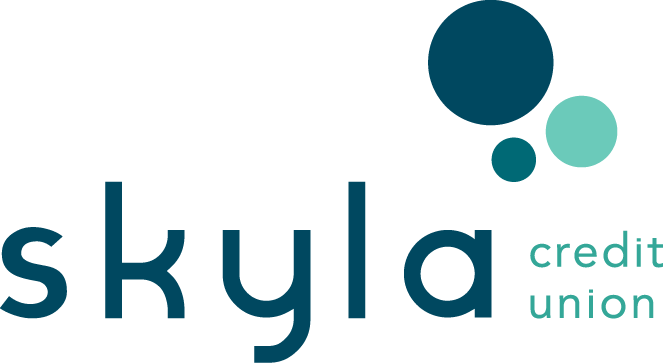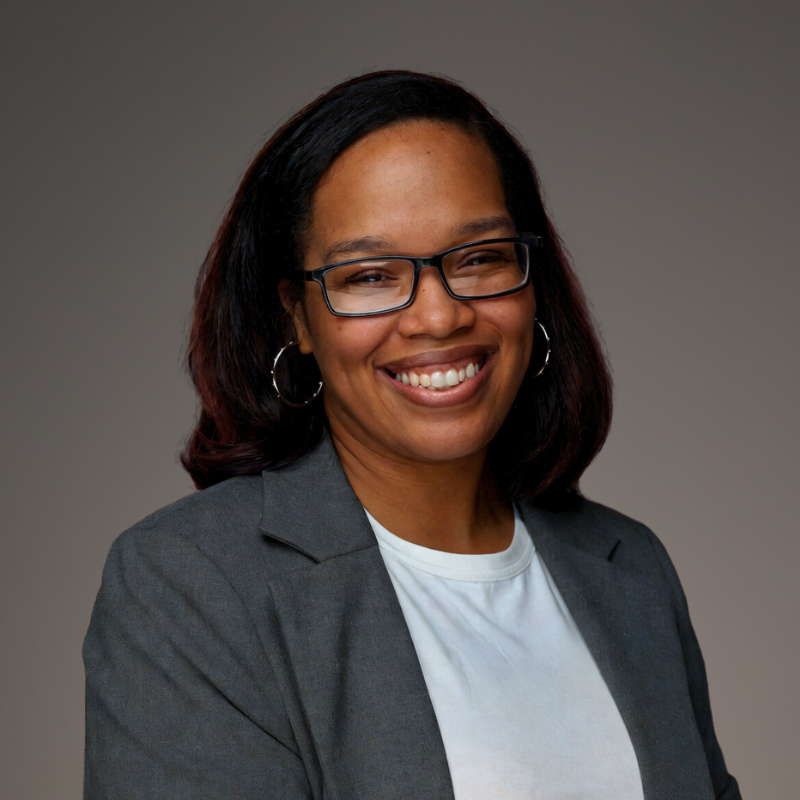How to Avoid Checking Account Fees

We've all been there... You open your checking account statement and see a bunch of fees that you don't even understand. Or maybe you do understand them, but you're just angry because they ate up all your hard-earned money.
Either way, nobody likes paying fees. But did you know that there are some easy ways to avoid those pesky fees? Yep - and I'm going to share them all.
here's a quick look at what we'll cover
 what are the fees for a checking account?
what are the fees for a checking account?
Well, that depends on the financial institution you’re opening a checking account with. Since there are so many types of checking accounts, there are of course different types of account fees. Let’s take a look at the common types of fees you may encounter at account opening at a financial institution:
- Monthly Service Fee: Many financial institutions may charge anywhere from $15 and up to help maintain the account. However, there may be an opportunity to get this fee waived so make sure to speak to your institution about this fee waiver at account opening.
QUICK TIP: Financial institutions may waive the monthly service fee if you meet the financial institutions minimum balance amount. For example, if you have $1,600 in your checking account and $1,500 is the minimum balance to waive the fee, then you won't incur a monthly service fee. |
- Overdraft Fee: This fee occurs when you don’t have enough money in your checking account to cover a purchase and need to draw money from a different account to cover the difference. Many financial institutions may charge a fee ranging from $25 or more.
- Non-Sufficient Funds (NSF) Fee: If you use a check to make a payment and the check bounces, the account holder will be charged an NSF fee which can be $35 or more.
- ATM fee: This is another common fee your financial institution may charge if you use an unaffiliated ATM. Fees may range from $2 - $8 dollars depending on a few things such as the institution you're with, the ATM you're using, and the transaction. If you’re doing an international transaction, you may pay higher fees, especially for cash withdrawals.
QUICK TIP: Most credit unions joined an ATM network known as a Co-op Shared Branch Network. The network provides a connection of fee-free ATMs between other credit unions allowing the member to access their money at more than 30,000 ATMs nationwide. |
- International ATM Fee: When using an ATM outside of the country your financial institution is located, you can also get hit with a foreign ATM fee which is typically up to $5. You can avoid this fee by getting a card that does not have a foreign transaction fee or open a checking account that doesn't charge a foreign fee.
- Foreign Transaction Fee: Also called a "currency conversion fee," you can be charged when you make transactions while traveling abroad using a debit card. The fee is typically 1% to 3% of the purchase amount.
- Paper Statement Fee: Your financial institution may charge you if they send a paper statement to your home. The fee typically ranges from $1 -$7. You can avoid this fee altogether if you opt into electronic statements, where your statements are emailed instead.
- Account Closure Fee: This is a fee banks change to get you from closing your account and leaving the institution for another. This fee also occurs if you recently opened the checking account and closed it. Plenty of banks don’t charge a fee, but others charge anywhere up to $25. Psst... before opening a checking account, make sure you're sure about the financial institution you're choosing, and make sure you ask about account closure fees for your peace of mind.
this was my face when researching all of the common account fees:

 how do i avoid fees on my checking account?
how do i avoid fees on my checking account?
Open a free checking account
Find a financial institution that offers free checking accounts
Yes, they do exist! There are still institutions out there that offer totally free checking accounts. Many may require you to maintain a minimum balance in a savings account but if opening a checking account, it's free. Psst... Many financial institutions may offer free checking if you set up direct deposit or if you make a certain number of transactions on your debit card.
Are you a student?
Financial institutions don't charge fees if you're in college, high school or under a certain age.
You may come across checking accounts called student checking which are accounts that don't charge fees or waive most common fees. For this account, the institution will ask you to verify your student enrollment and ask when you'll graduate to set a period where the student checking account is active.
If you’re a student, ask your financial institution if this type of checking is available.
review account statement
Review your account statement and make sure you are aware of all the fees that are charged.
It's important to keep tabs on your checking account and make sure you're aware of all the fees that are being charged. Although most checking accounts offer free basic services, there may be additional fees for things like using out-of-network ATMs or making stop payments. Be sure to review your account statement regularly and contact your bank if you have any questions about the fees being charged. By taking a proactive approach, you can avoid being surprised by unexpected fees and keep your checking account in good standing.
Set up a budget
Set up a budget and make sure you have enough money in your account to cover all your expenses.
One of the most important things you can do to manage your finances effectively is to budget your expenses. Setting up a budget involves creating a budget and sticking to it to ensure that you have enough money to cover all your necessary expenses.
Budgeting can be difficult, but there are a few key tips that can help you get started. Here are some tips that'll help.
Make more than one deposit each month
Make more than one deposit each month to avoid monthly service fees.
Many banks charge their customers a monthly service fee if they do not maintain a certain minimum balance. To avoid this fee, you need to make at least one deposit each month. This deposit can be in the form of cash, checks, or electronic transfers.
The best way to avoid monthly service fees is to set up a direct deposit from your paycheck into your checking account. That way, you can be sure that you will always have enough money in your account to cover the fee. Another good strategy is to keep a close eye on your account balance and make a deposit as soon as it starts to get low. By taking these simple steps, you can avoid paying unnecessary fees and save yourself some money each month.
Use online banking to keep track
Use online banking to keep track of your account activity and avoid overdraft fees.
One of the best ways to avoid overdraft fees is to keep track of your account activity. Online banking makes it easy by providing a real-time view of your balance and recent transactions. This way, you can always know how much money you have available and avoid spending more than you have.
Additionally, online banking often offers tools that can help you budget and track your spending. This can be a helpful way to stay on top of your finances and avoid accidentally overdrawing your account. Whether you're managing a personal account or a business account, online banking is a valuable tool for avoiding overdraft fees.
Psst... You can also sign up for email or text alerts to keep track of activity as soon as it happens. This will help with knowing your activity in real time and can catch any fraudulent charges.
go paperless
Opt for paperless statements to save on mailing costs.
By opting for paperless statements, you’ll save on the cost of paper, postage, and envelopes. In addition, it will help to reduce clutter and make it easier to keep track of your finances. Paperless statements can be sent via email or accessed online through your account portal, and switching to paperless statements is a simple and effective way to reduce some expenses.
Don't overspend
Spending more than what you have in your checking account will cause your account to go in the negative. You'll get hit with an overdraft fee.
Remember - when you spend more than your account balance, many financial institutions may charge a fee ranging from $25 and up.
close unused accounts
Close any unused accounts to avoid monthly maintenance fees.
Most people are aware that there are fees associated with keeping a bank account. Monthly maintenance fees are common and can vary depending on the type of account you have. However, what many people don't realize is that these fees can be avoided by simply closing any unused accounts.
Maintenance fees are typically charged when there is no activity in an account for a certain period of time, so by closing any accounts that you're not using, you can avoid being charged these fees.
but didn’t you say there were account closure fees?
This is true! But, if you’re not using your account, the cost of getting hit with monthly maintenance fees or inactivity fees month after month can be greater than paying a flat closure fee.
ready to tackle fees on your checking account?
You don't have to be a financial expert to avoid paying checking fees. What I've shared are easy steps you can take to make sure your account is in good standing and that you're not being charged any unnecessary fees. By following these simple tips, you can save yourself a lot of money in the long run. You'll probably reach some financial savings goals a lot sooner.
Ready to tackle your checking responsibly? You can explore our checking solutions like our Simply Checking so it's a great place to start.
still have questions?
That's ok! Any of the wonderful staff at your local Skyla branch will be more than happy to help! Not near a branch or short on time? Simply send us an email, give us a call at 704.375.0183, or open your account online.
As Content Strategist behind the Learning & Guidance Center, Yanna loves showing just how doable finance can be. Whether it’s simple tips, step-by-step guides, or comparison charts, she’s passionate about helping readers take charge and reach financial freedom with confidence
more resources for your financial journey
Understanding Checking Accounts
Want a checking account but don't understand how it works or how it can benefit you? Here's a full look at how checking accounts can benefit you, how they can affect your credit, and more!
11 min. read
How Much Money Should I Keep In My Checking Account?
Don't know the amount you need to keep your checking account in good shape? Different checking account fees can mess that up. Here's an amount that'll help.
10 min. read
 ways to avoid checking account fees
ways to avoid checking account fees
Here's how to avoid those pesky fees and keep your hard-earned money where it belongs - in your pocket!
 learn how to read a check
learn how to read a check
Learn how to read a physical check so you know how to keep your money safe.
 learn about debit cards
learn about debit cards
A debit card can be a great way to access your money but do you know the risks and benefits when using one?




